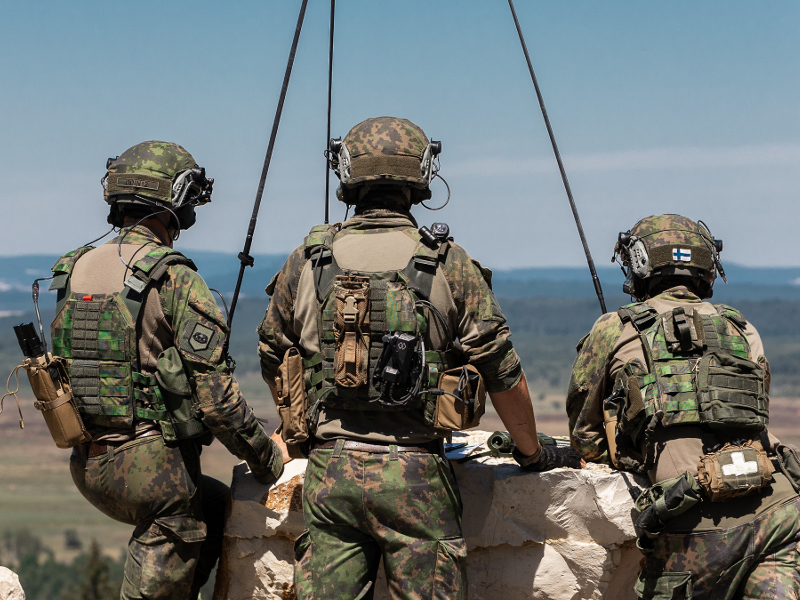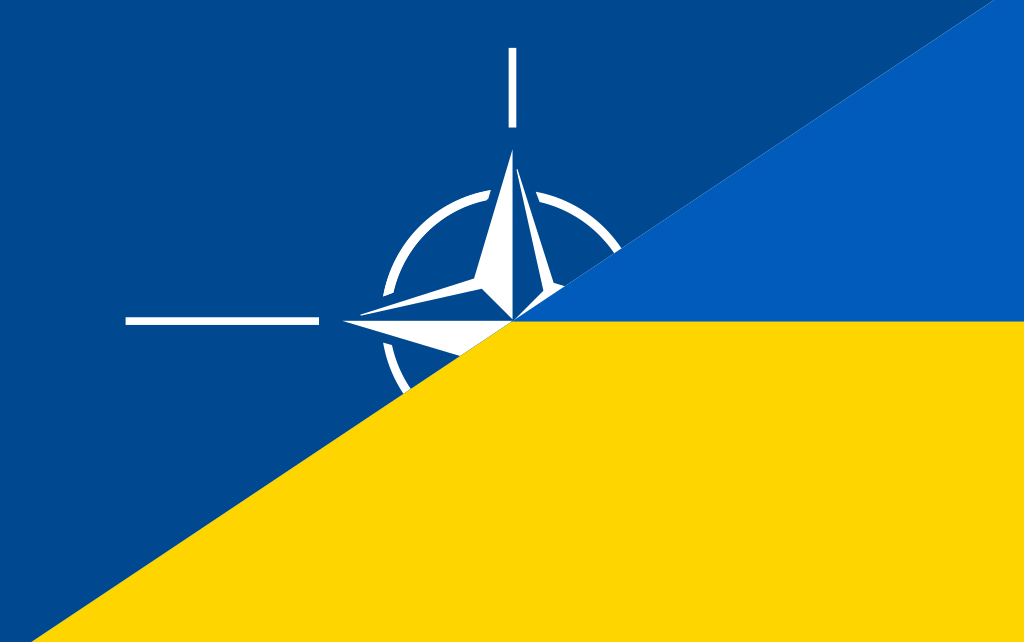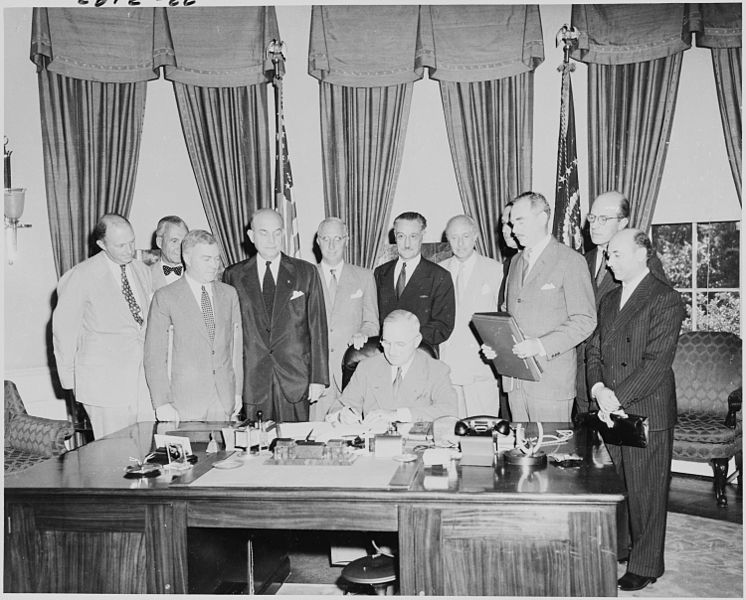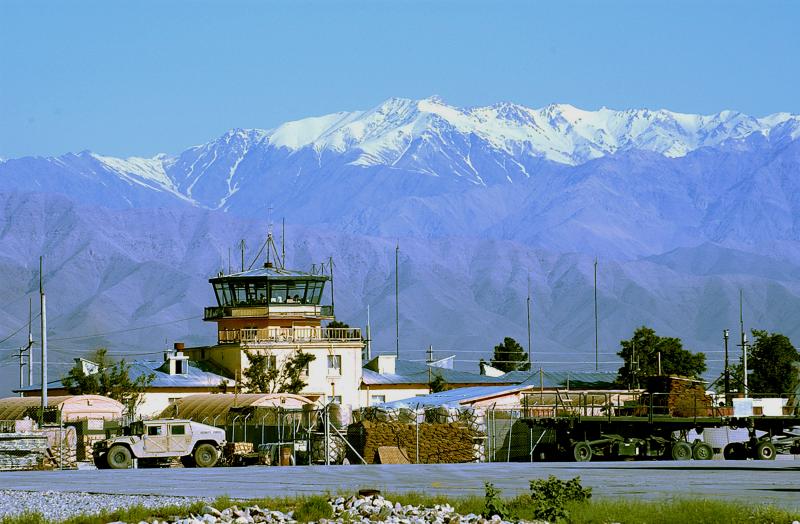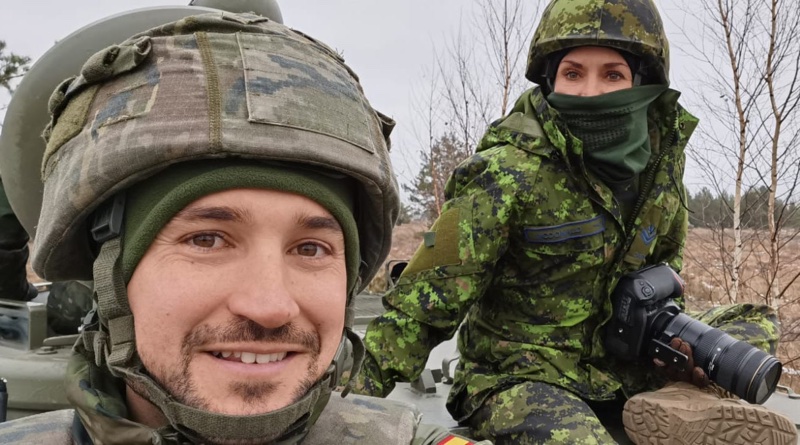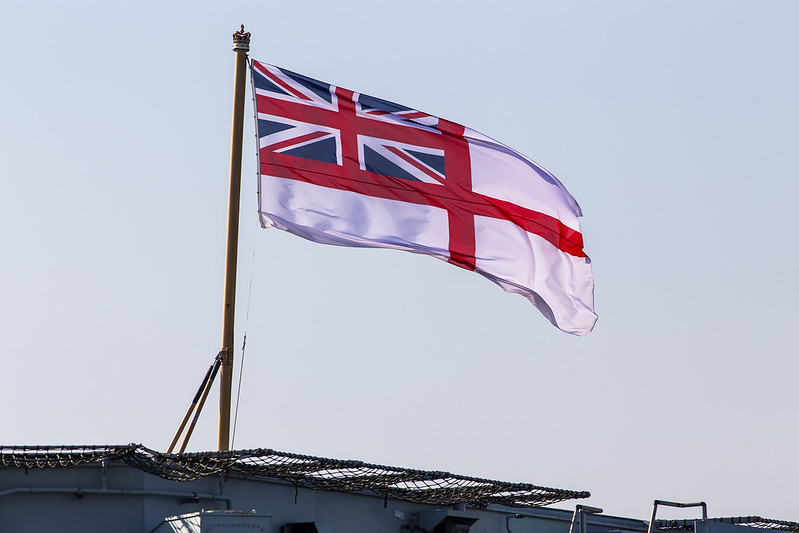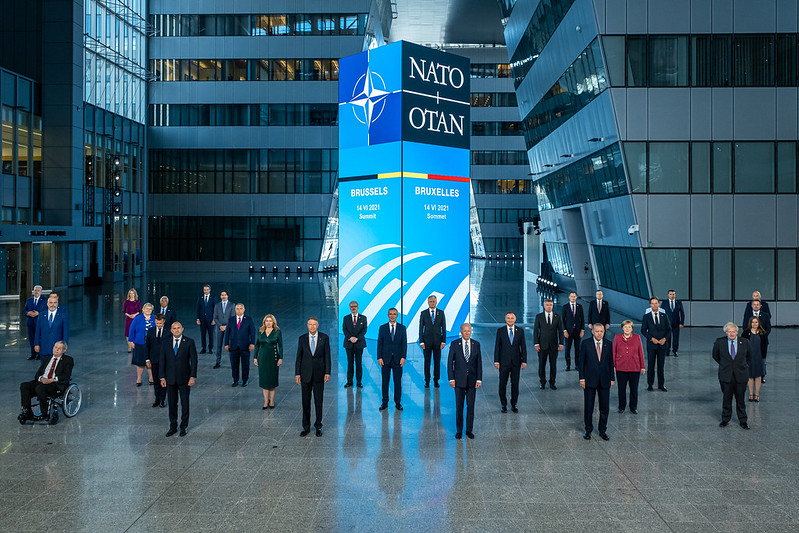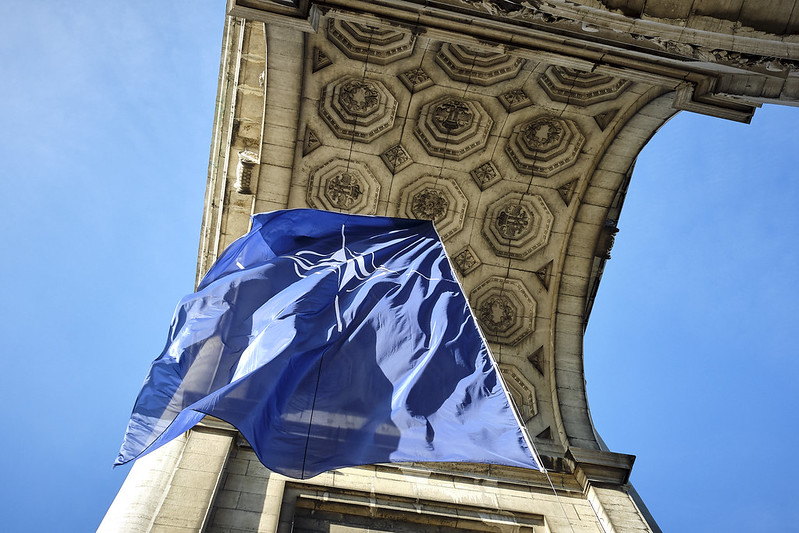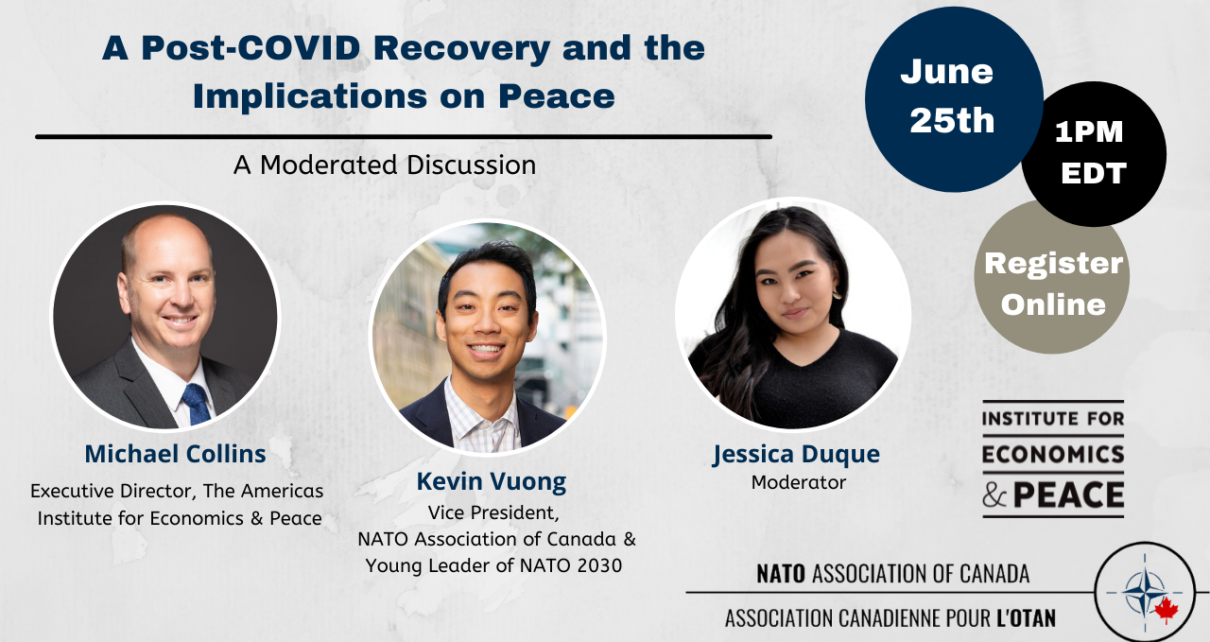Between spring of 2023 and 2024, one major change happened to the European security landscape. In April 2023, Finland formally joined NATO, with Sweden following in March 2024. This change was preceded by Russia having invaded Ukraine in February 2022. Political leaders from both NATO and the newly admitted members acknowledged that they were responding Read More…
Tag: NATO operations
Why Are Tensions Between NATO and Russia So High?
Introduction A protracted history of political, military, and security tensions characterize the complex and tense relationship between NATO and Russia. Right now, there is a deficit of trust between NATO and Russia, disagreements over security, regional issues and significant military build-up on both sides. From an economic and political viewpoint, Russia perceives NATO as a Read More…
A History of NATO – Infographic
As we celebrate the 80th anniversary of the Atlantic Charter on August 14th, 2021, Eric Jackson highlights key historical events that have shaped NATO’s purpose.
Last In, First Out: Two Decades in Afghanistan
Bagram Air Base – once the bastion of coalition forces in Afghanistan – is now empty of U.S. and NATO troops, bringing an effective end to their presence in the country. Elliott Simpson reflects on what should be acknowledged, and hopefully learned from their efforts over the past 20 years.
Today’s Reporter, Tomorrow’s Historian: The Story of Sgt Donnie McDonald and Operation REASSURANCE
Canadians are proud contributors to international peace and security. Eric Jackson tells the story of Sgt Donnie McDonald, an Imagery Technician deployed to Latvia for over seven months as part of Operation REASSURANCE.
‘Global Britain’ in Practice
HMS Queen Elizabeth’s maiden voyage to the South China Sea is indicative of the UK’s new global posture. But is it spreading itself too thin? Elliott Simpson presents the pros and cons of the UK’s recent tilt to Asia, and to a modern military.
Eureka in Europe? The response by G7 and NATO countries to threats new and old
Following the productive 2021 G7 and NATO Summits, Eric Jackson explores two overlapping security issues addressed by the nations and identifies areas for future improvement.
NATO’s Unsteady Southern Flank
Talks between two of NATO’s southernmost members don’t seem to be making progress, as Turkey and Greece seem as far apart as ever. Elliott Simpson examines the latest flare up between these unlikely allies, and its effect on the strength of NATO’s southern flank.
Prepping for 2030: The Young Leaders’ Perspective on NATO’s Future
Secretary-General Jens Stoltenberg is set to outline the NATO 2030 initiative to the 30 NATO member countries next week. In prep, Eric Jackson highlights the NATO 2030 Young Leaders’ recommendations on how to strengthen the Alliance.
A Post-COVID Recovery and the Implications on Peace
Each year, the Institute for Economics & Peace publishes their Global Peace Index report outlining the state of peace in the world. Join us on June 25th from 1-2PM for a conversation on this topic between Micheal Collins, Executive Director, Americas for the Institute for Economics & Peace, and Kevin Vuong, Vice-President of the NATO Read More…

